TRANSCRIPTION
Why did you join the military?
I would stay out late and get in trouble! I would go out and party in high school with my cousins. My mom said, "You are not going to lie around here and not do anything! Either you get an education or you are out!" So I decided to join the service instead.....
When did you join the military?
I was 17 ½ years old and decided to join the military of November of 1963, 6 months before my high school graduation, I signed my life away! I left 3 days after my graduation to boot camp at Fort Polk, Louisiana.
Did you come from a military background?
Federico Chavez a Sgt. In the Army Air force, my cousin Eliseo (Cheyo) Gonzales was in the U.S. Marine Corps a Tech Sgt., Yes, my uncle Martin Rangel was a Chief Master Sgt. In the Army Air force, my other uncle they all inspired me to join so I did.
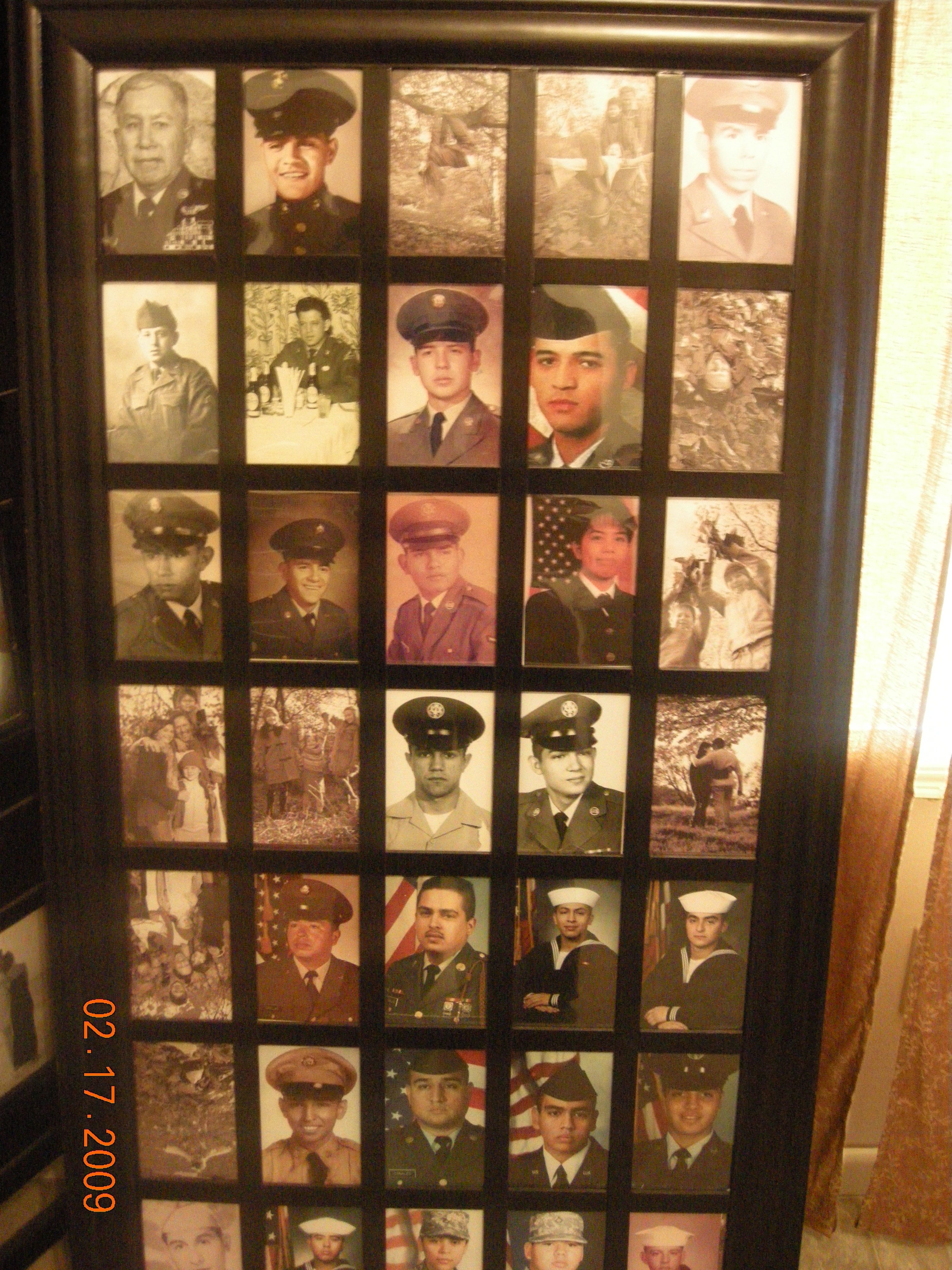 <
<
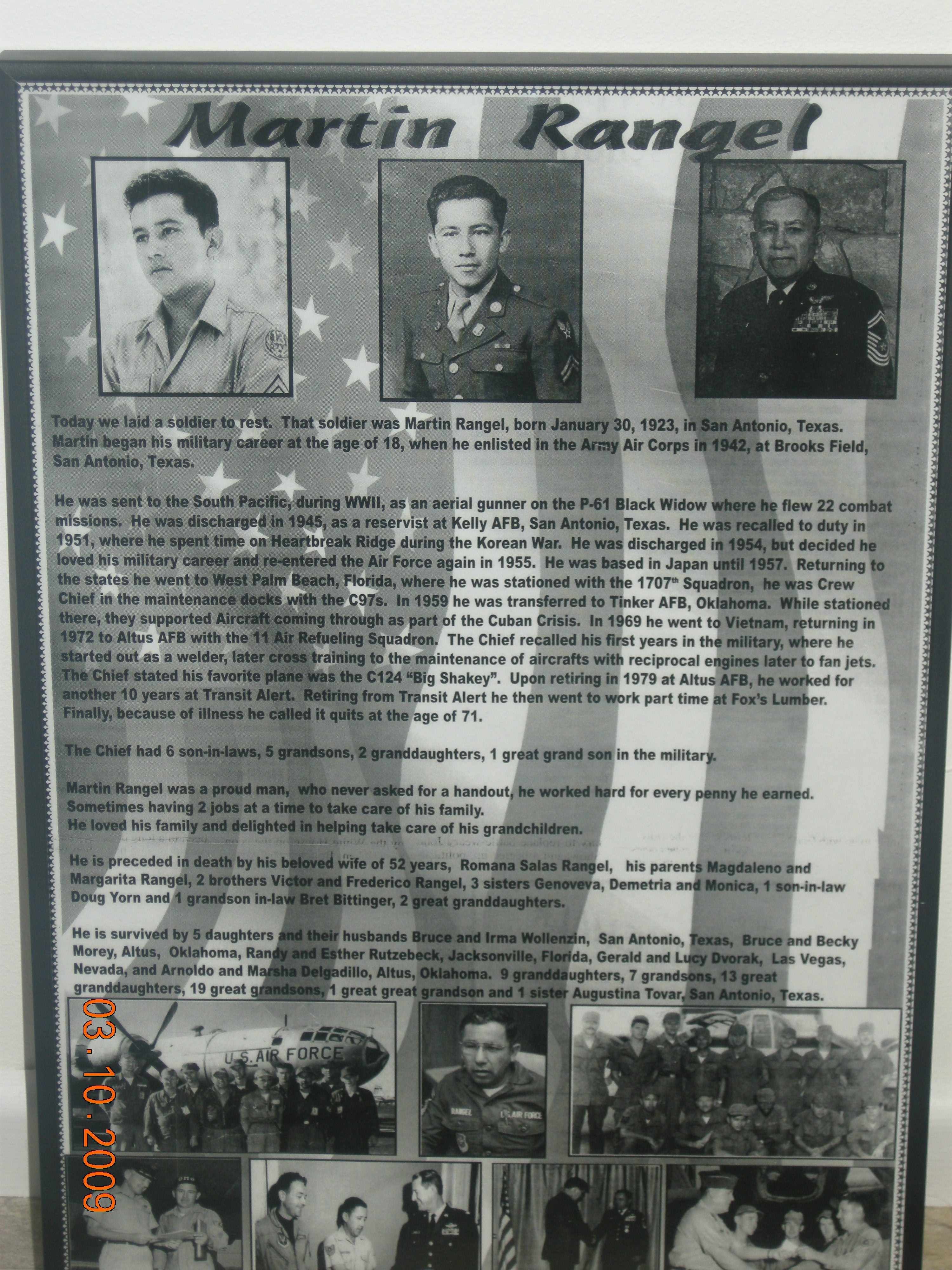
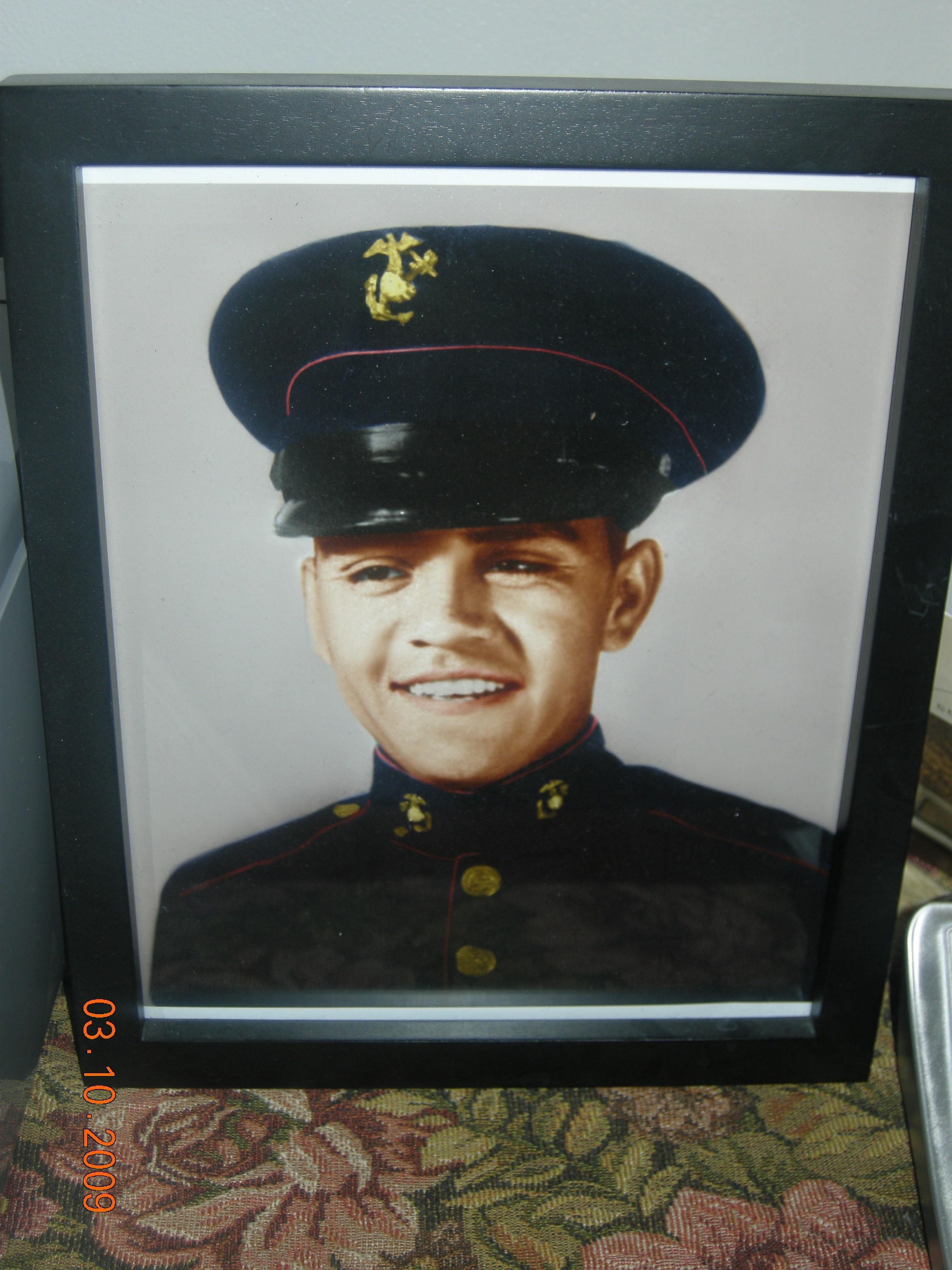
What was your rank and status in the military and what kind of jobs did you do?
When I joined the Army I went in as a recruit, then to a private after boot camp. When I got out of the Army I was honorably discharged as an E-5, A Buck Sergeant as they used to call it back in the day! (He laughs) After boot camp I was sent to Fort Hood, Texas to receive training for Aircraft Maintenance. Before the war broke out I was later sent to Hannah, Germany to receive training in an infantry school because of the Vietnam War. I was in the front line of the war for 14 months.
When you got to Vietnam, how did you feel about it?
I realized what I had got myself into when I got there and there was no backing out! My mom had warned me about the military and wished I had gone to college instead.
How much did you get paid in the Army? And in Vietnam, what did you think about the pay?
My first paycheck in the Army was 64.00 dollars a month and during the war was 200.00 dollars a month. From the first time I left the Army to the end, I would send all my paychecks to my mom for support, I only kept 25.00 dollars for myself and gave her the rest. After Vietnam, I decided I didn't want to make a career of it after all, because of the time and work I put in it risking my life and the pay was not worth it!
What did you actually do in the war?
Well I was trained in an infantry school to make base camps that had sandbags stacked to the top (bunkers) we would dig holes in the ground.

I also learned how to use a recoyalist Riffle; we would stick a long shell in it and shoot it away.
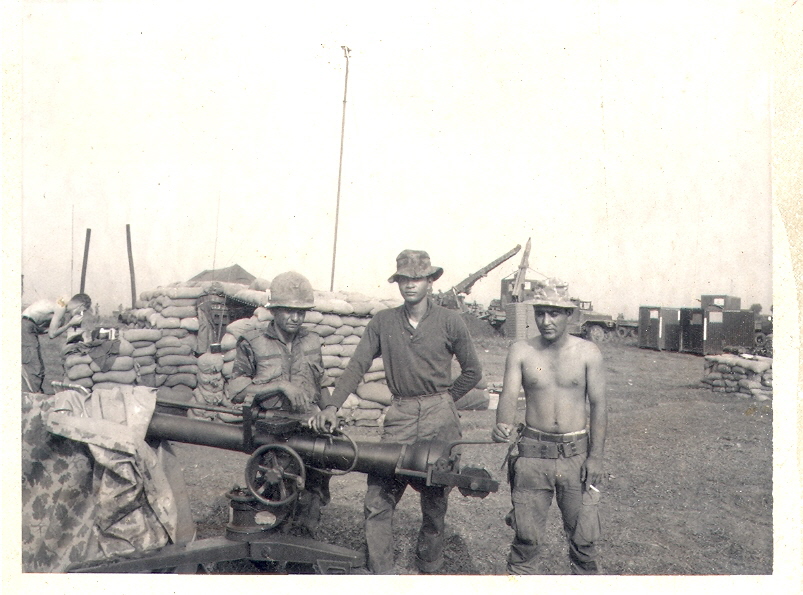
I learned how to lay out (psp) Plank Steel Plates out on the field so the helicopters could land.

We would dig ammo into a hole in the ground and cover it up, so it wouldn't blow up if it was exposed on top of the ground.
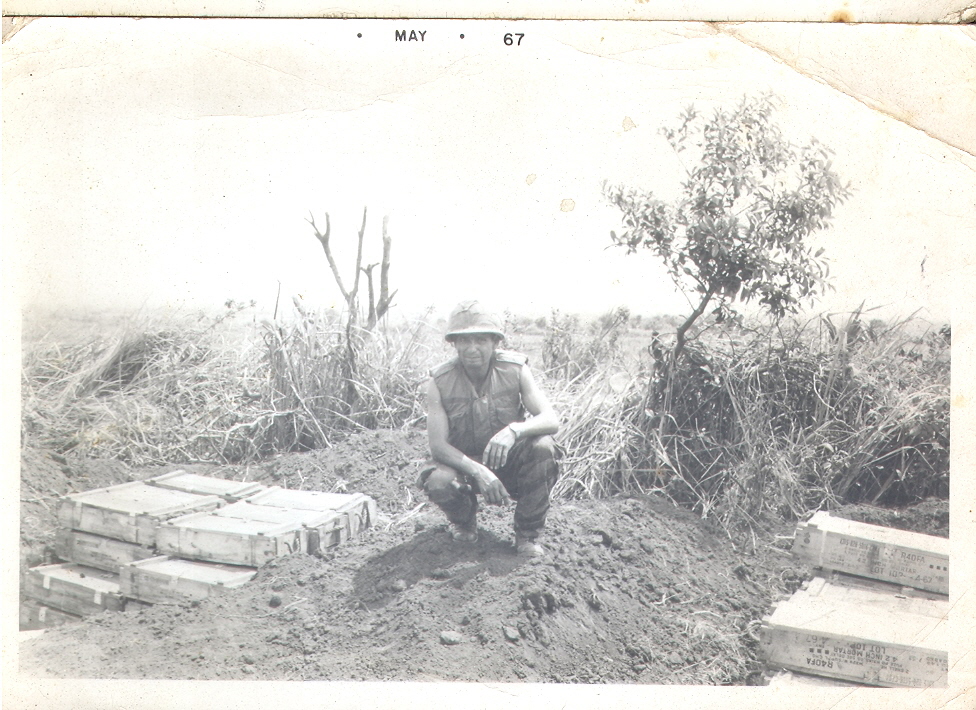
I would ride shot gun in the helicopters, as we call it and I would shoot the machine guns.
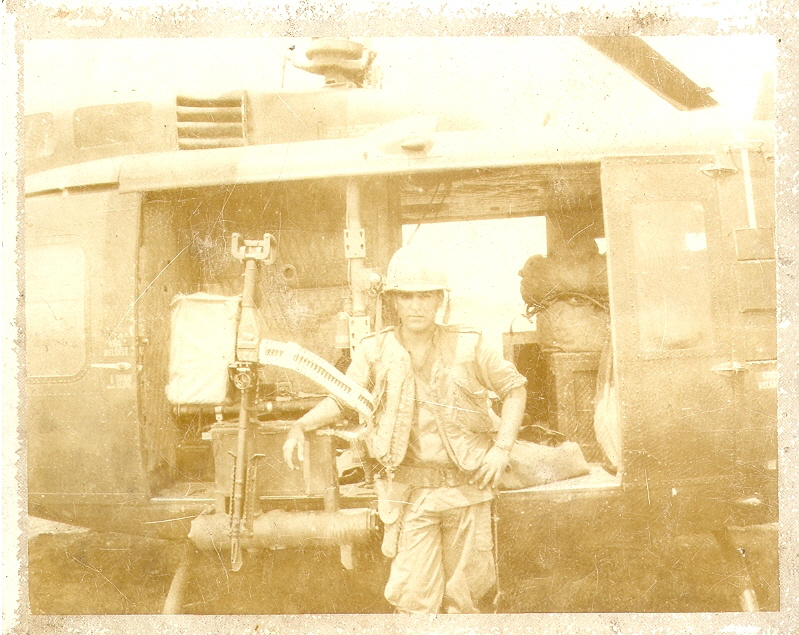
I would also shoot rockets from the mortar of the crew sur weapon.
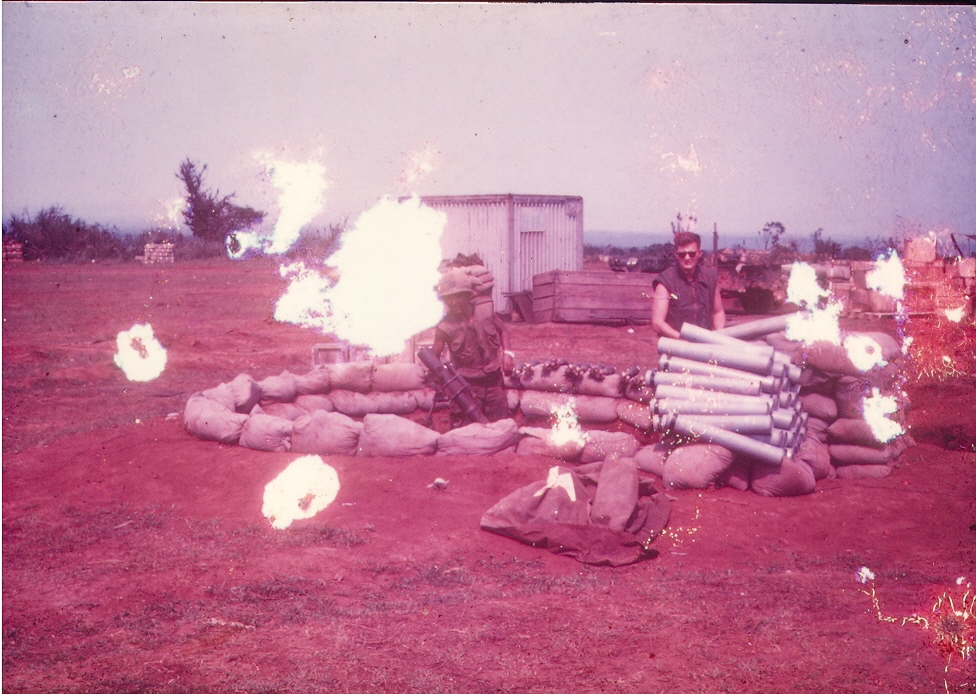
Where were you stationed in Vietnam and how long were you there?
I was stationed in Southern and Northern Vietnam in Quang Ngai, Tam ky, Qui nhon a little village.
There were tons of Viet Cong that's what we called them.
They sent some of us soldiers to Ia Drang which was the 1st and bloodiest war in Vietnam, from March and April of "66." I was in the front line at war for 14 months.
How were the living conditions?
We built bunkers out of sandbags; we dug holes 6 feet under the ground. We would live in those for 3 months and relocate. We'd call it eat dirt! When we were attacked we'd run and hit the ground.
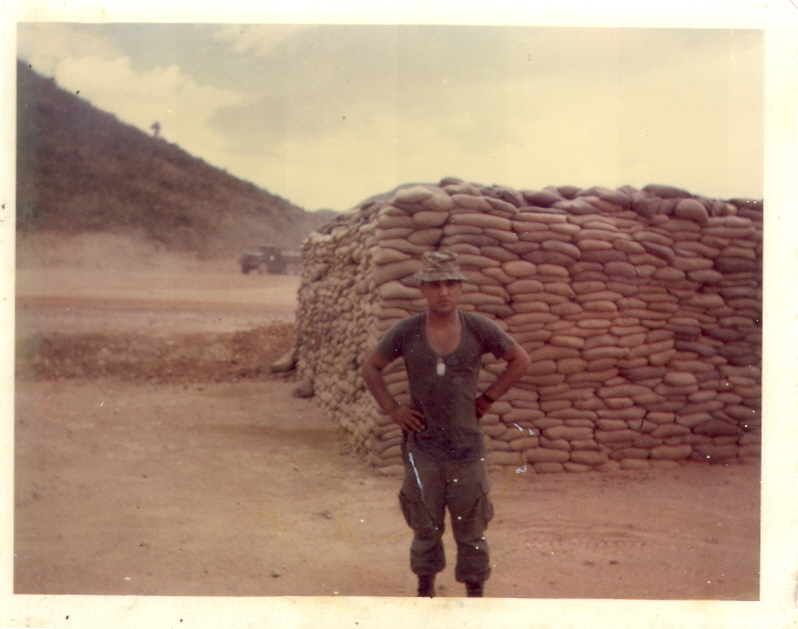
What are you doing in this picture?
This is where we'd stay and get some sleep whenever we could. I am smoking a cigarette standing up.

Is this picture setting in Vietnam?
Having a few drinks at the NCO club they had set up on base in Vietnam. I am in the middle. We drank whatever we could; there was Olympia, San Miguel (Philippians Beer) Schlitz, and Falstaff Beer. We tried having a good time whenever we could.

Why was the Bob Hope show there in this picture?
This is the Bob Hope show they would entertain us soldiers to keep us motivated
.we had a good time while we were there we saw a lot of movie stars.
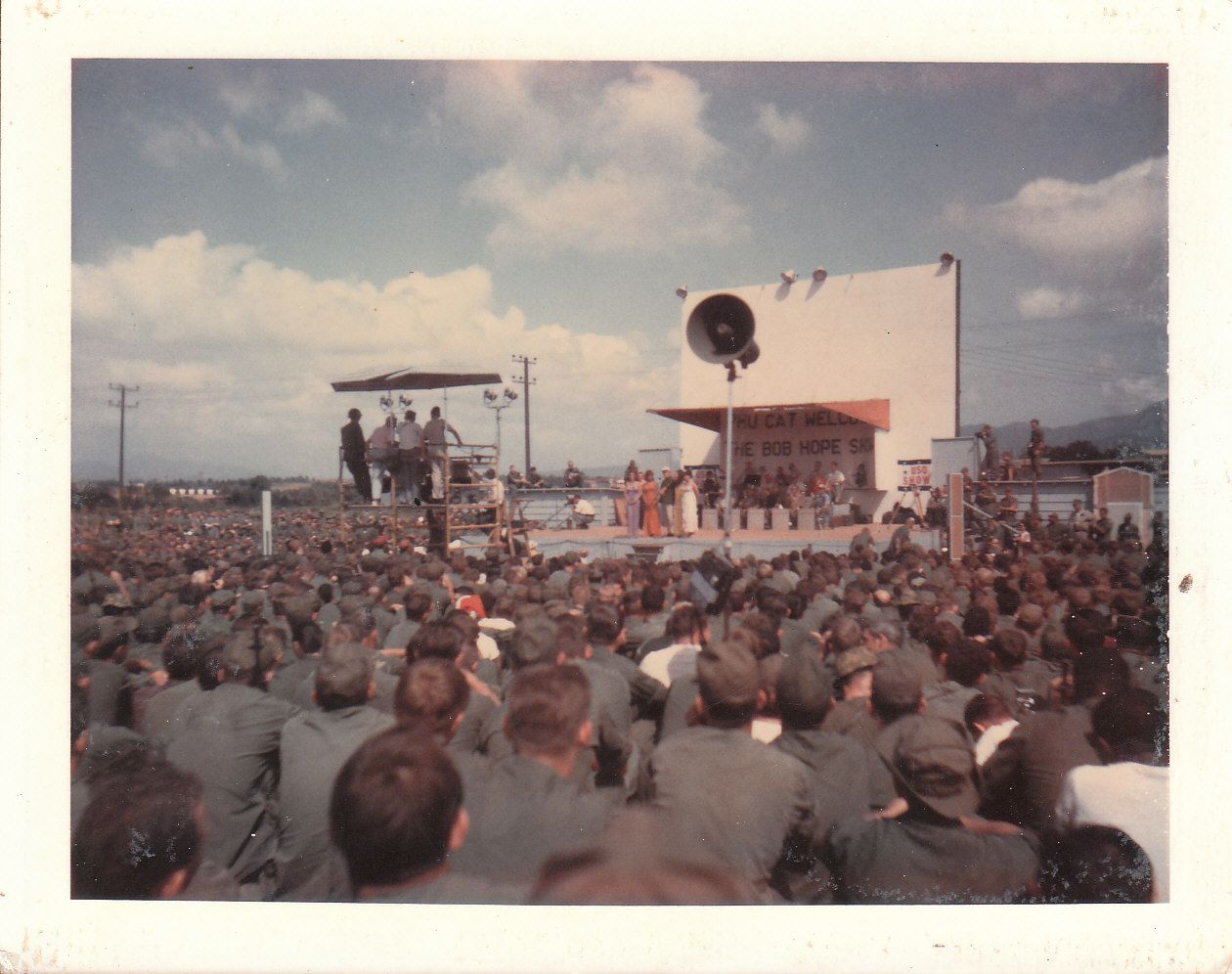
What is going on in this photo with the children?
We would give them cigarettes they would ask for them, that's why they were all happy and they liked to take pictures. They would get excited to smoke the cigarettes we gave them.

Why did you kill the snake in the picture?
I just saw it and wanted to kill it. It was a Boa Constrictor, I shot it in the head with an M-16 it was heavy and long in length.

What are these boxes falling from the planes in the picture?
We would call them airdrops; it was supplies, food, gas and ammo. We would go pick them up with a jeep.
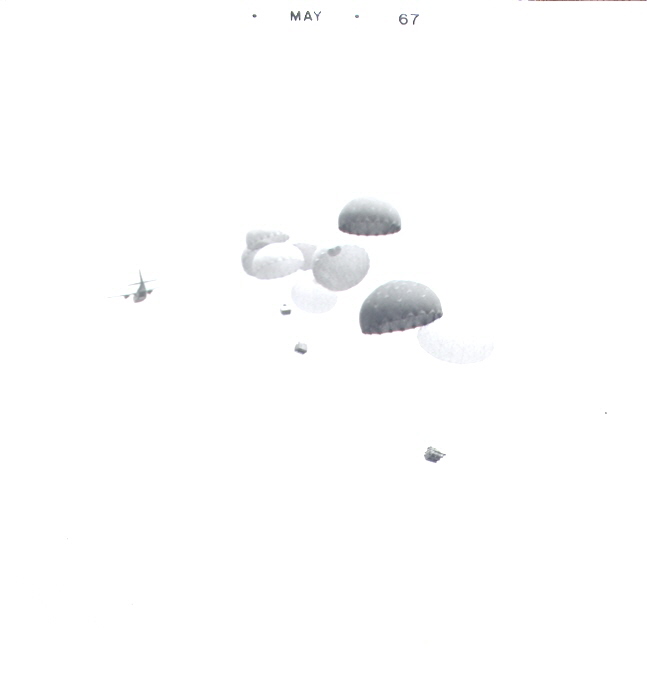
Did you get hurt while you were out there?
Yes, In June of 1967 I was shot in the scrotum area and received 6 metals and a purple heart. I thought I was never going to have kids, but I did! (Laughs)
I know this is a personal question,Did you kill anyone?
probably
.. (Looks up in the air)
..There was tons of dead V.C.s

What does V.C. mean?
Viet Cong/ Communists.
When you got out of the war did they offer any type of rehab or some sort of benefits?
Yes, they offered to go to rehab but I didn't want to. I received my VA benefits for my injuries.
What did you do after the war?
The first thing I did was to go home and see my mom, when I came back home the money that I had sent her, she never spent a penny and she saved it for me. I had enough money saved up to buy me a new car. I bought 1965 Pontiac GTO candy apple red cash! It was a little over 2,000 dollars and I rag the shit out of it! (Laughs) I met my wife Rosa Lerma in March of 1968 and got married 1 year later at St. Josephs Catholic Church in 1969. We had 3 kids 2 girls Camille and Paula Ann and 1 son Jose Jr. I perused a career at Kelly A.F.B.; there I was a supervisor section chief for the aircraft maintenance crew and retired after 22 years. I still continue to do automotive work in my garage, I always stay busy.
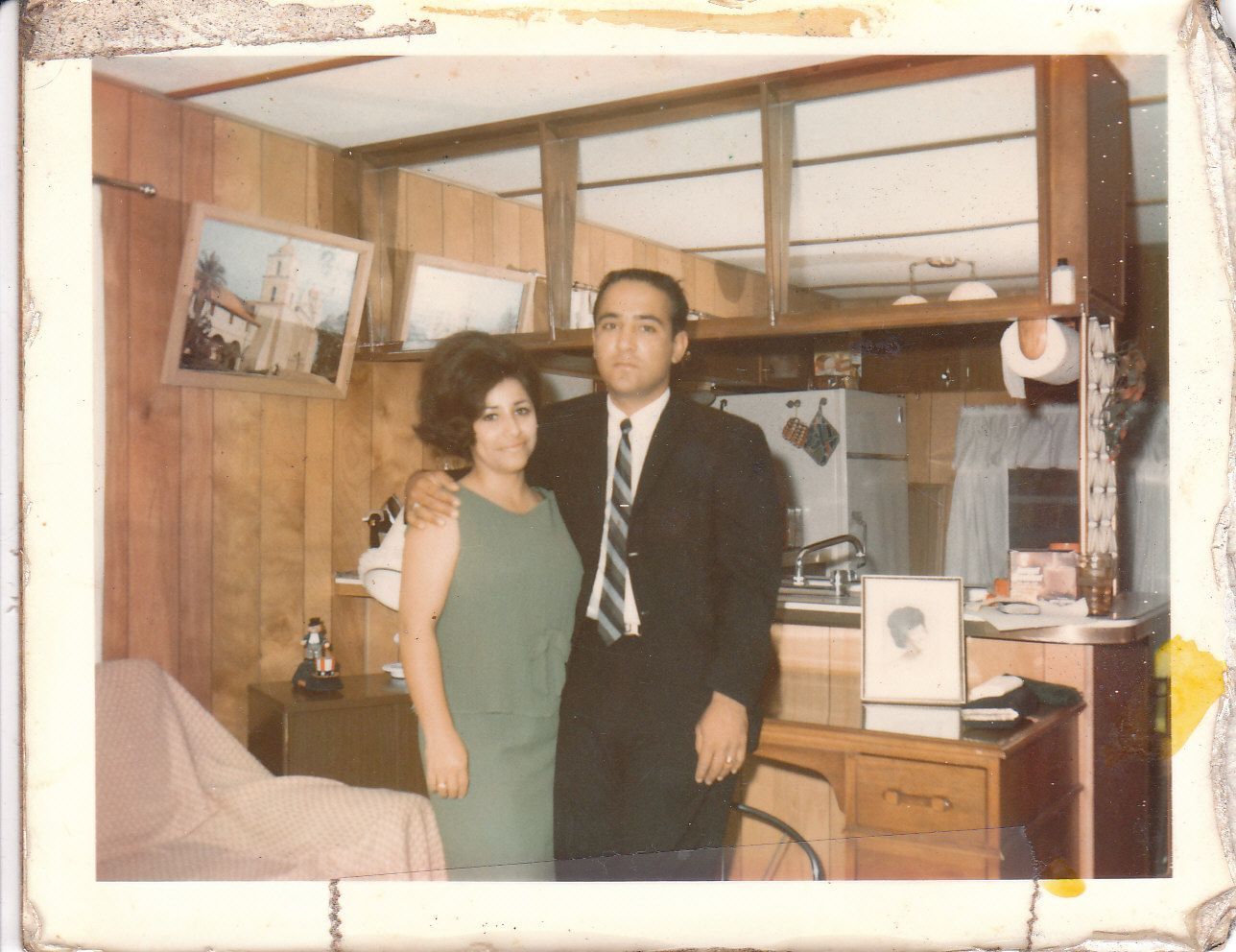
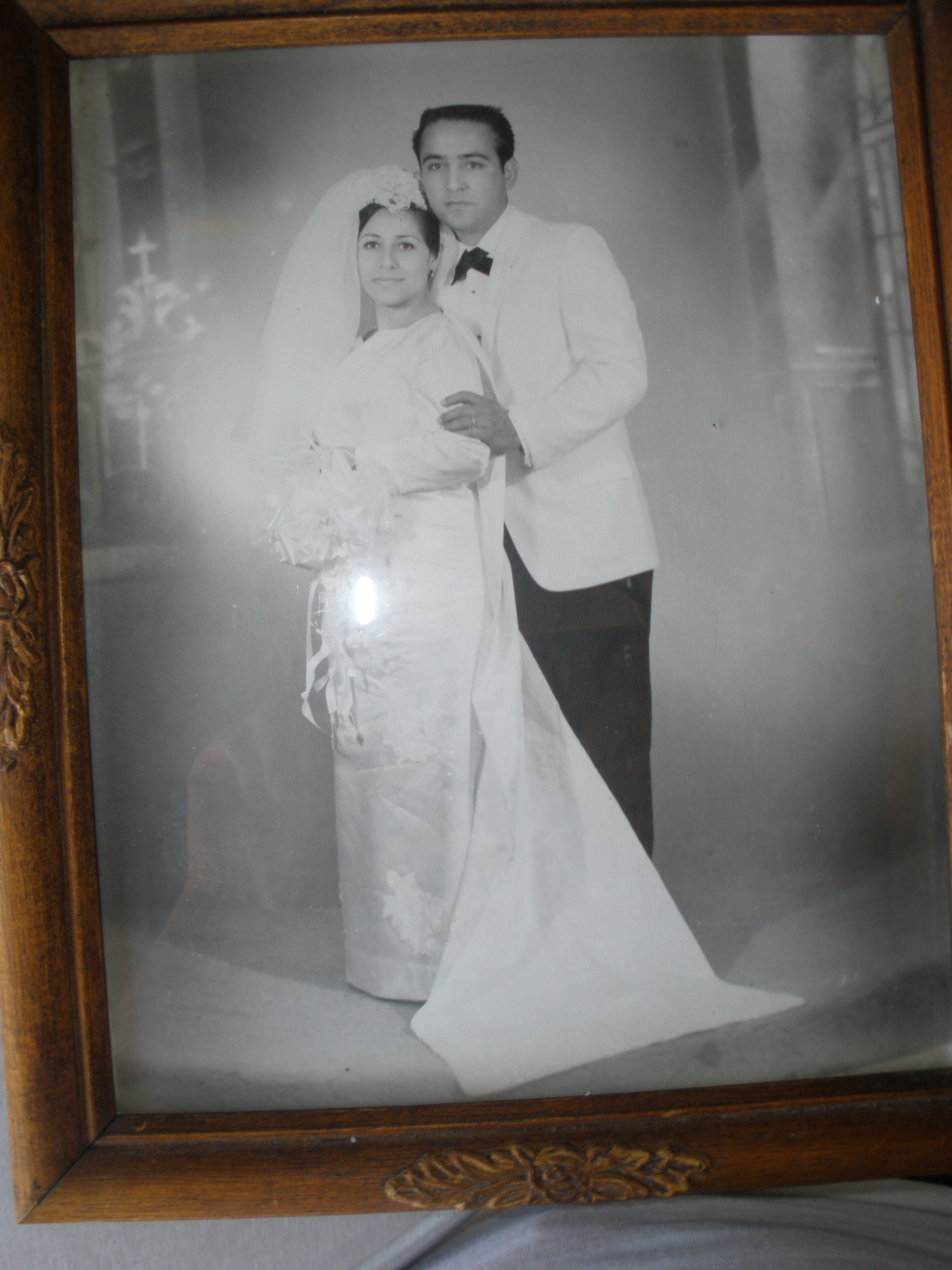
Last but not least, do you know why the Vietnam War started?
Because, America did not want communism here in the U.S. and to spread throughout the world.
Is there anything else you would like to add to this interview?
No
that's it.

